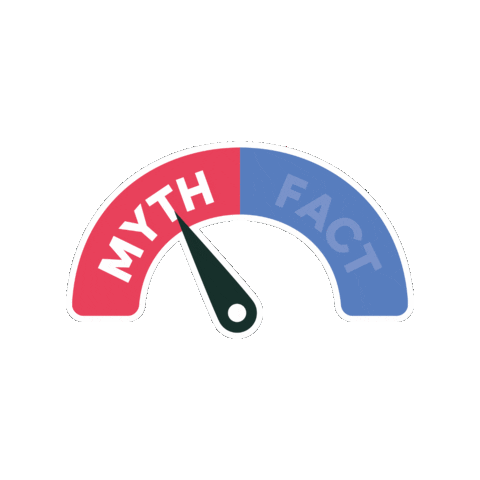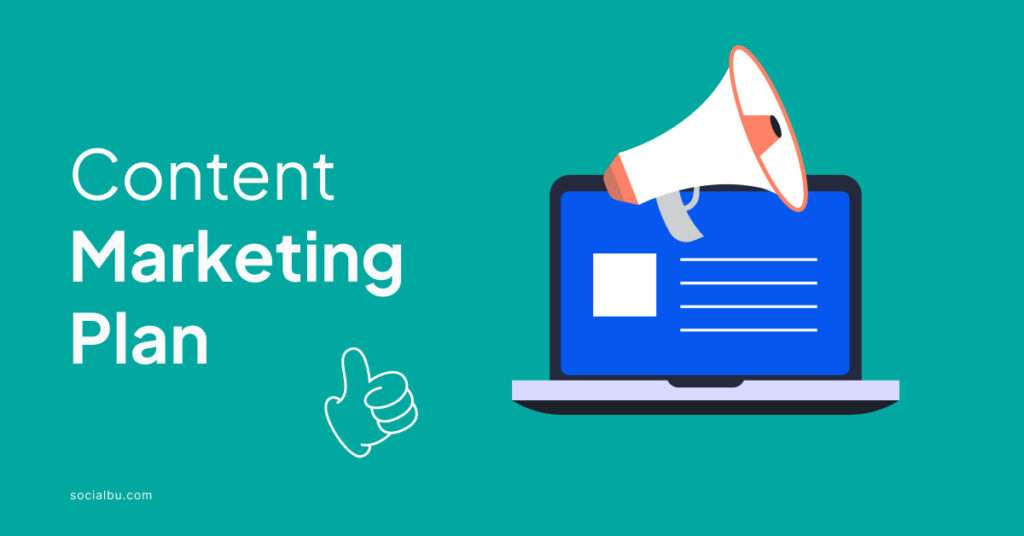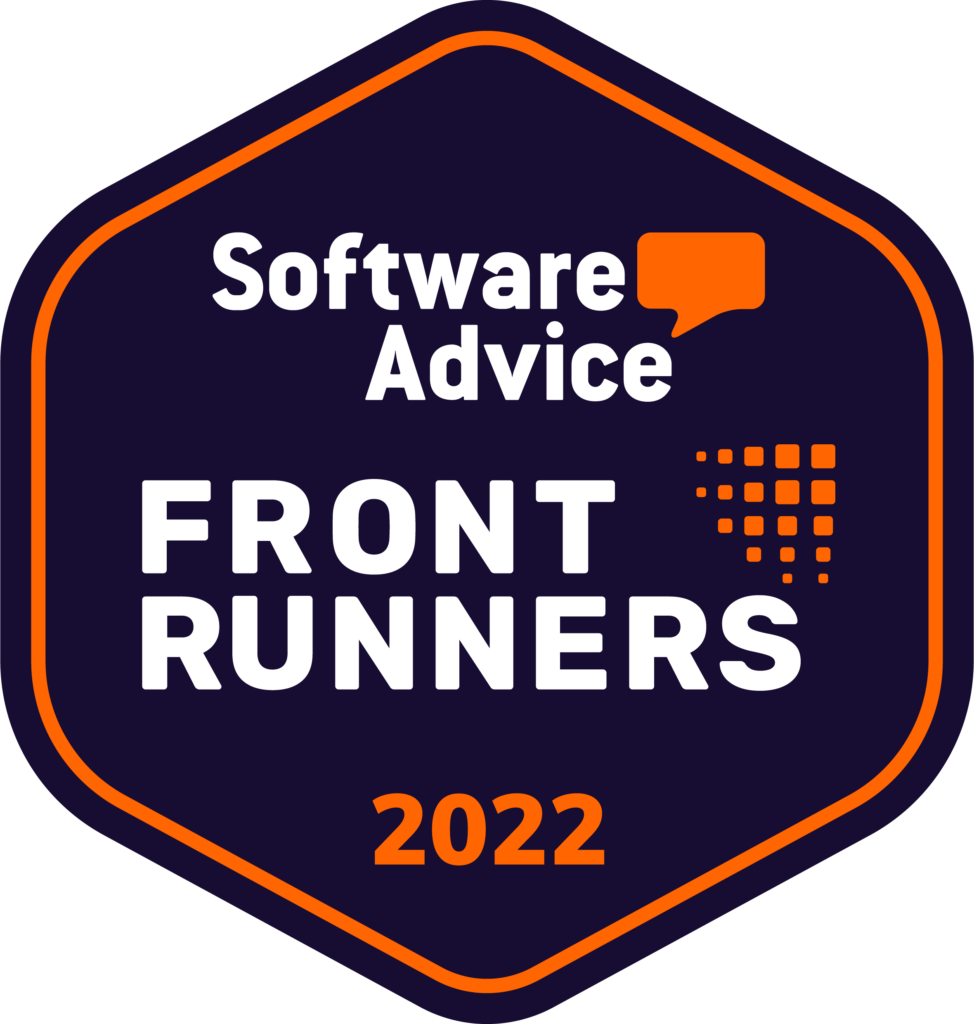Have you ever stumbled upon the phrase “content marketing plan” and wondered if there’s a magic formula that guarantees success? While there’s no one-size-fits-all approach, a well-defined content marketing plan is the cornerstone of any effective marketing strategy.
It’s the roadmap that guides your content creation, keeps you focused on your goals, and ultimately helps you achieve consistent results.
This blog isn’t here to perpetuate the myth of a foolproof plan. Instead, we’ll equip you with the knowledge to build a content marketing plan that’s adaptable, strategic, and delivers real value to your target audience.
Beyond the “Always Works” Myth
Let’s be honest, there’s no magic bullet in content marketing. A plan that works wonders for an e-commerce clothing store might not be the best fit for a financial services company.
The key lies in tailoring your content marketing plan to your specific business goals, target audience, and industry. Remember, your content should resonate with your audience and address their unique needs.
Building Your Content Marketing Fortress
Think of your content marketing plan as a well-fortified castle. Here are the essential elements that lay the foundation for its success:
- Define Your Goals & Objectives:
Setting SMART goals (Specific, Measurable, Achievable, Relevant, and Time-bound) is crucial. Do you want to increase brand awareness, generate leads, or drive website traffic? Clearly defined goals will guide your content creation process and help you measure progress. - Know Your Audience: Who are you creating content for? Understanding their demographics, interests, and pain points allows you to create content that resonates and solves their problems.
- Content Audit (Optional): Taking stock of your existing content can reveal gaps and opportunities. Analyze what’s working and what’s not to refine your strategy.
- Content Pillars & Themes: Organize your content around broad topics (content pillars) and develop sub-themes (specific content ideas) to maintain focus and ensure your content is cohesive.
Strategies for Content Excellence
Now that your foundation is strong, let’s explore some advanced strategies to elevate your content:
Content Calendar
Consistency is key! A content calendar helps you schedule content creation and publishing for a steady flow of content that keeps your audience engaged. There are plenty of free and paid content calendar templates available online.
Content Diversification
Not everyone learns the same way. Cater to different preferences by offering a variety of content formats like blog posts, infographics, videos, podcasts, and social media content.
SEO Optimization
Help people find your content by optimizing it for search engines. This includes incorporating relevant keywords, crafting compelling meta descriptions, and strategically using internal linking. There are numerous free and paid SEO tools to assist you.
Social Media Integration
Leverage the power of social media platforms. Promote your content, engage with your audience, and build a community around your brand. Develop a strong social media content strategy that aligns with your overall content marketing plan.
Avoiding the Common Traps
Just like any strategic endeavor, there are pitfalls to avoid in content marketing. Here are some common mistakes to watch out for:
- Inconsistent Posting: Disappearing acts don’t build trust. Maintain a consistent publishing schedule to keep your audience engaged and coming back for more.
- Ignoring Analytics: Data is your friend! Track your content’s performance through analytics tools. Analyze what resonates with your audience and adapt your strategy accordingly.
- Quantity over Quality: Focus on creating high-quality, valuable content that informs, educates, or entertains your audience. Don’t sacrifice quality for the sake of churning out content.
- Neglecting Audience Engagement: Respond to comments, answer questions, and foster discussions. Building relationships with your audience fosters loyalty and trust.
Resources to Jumpstart Your Content Marketing Journey
We understand that crafting a content marketing plan can seem daunting. To help you get started, here are some valuable resources:
- Free Content Marketing Plan Templates & Examples: Search online for downloadable templates and content strategy examples to get a head start.
- Case Studies: Explore successful content marketing campaigns from various industries. Seeing real-world examples can spark inspiration and illustrate the power of effective planning.
- Tools and Software: Utilize tools like SocialBu to streamline your content creation and distribution processes. SocialBu is an all-in-one social media management tool that offers a range of features to help you plan, create, and distribute your content efficiently.
With SocialBu, you can:- Schedule posts in advance across multiple social media platforms
- Create and curate content with its built-in AI tool.
- Collaborate with team members and assign tasks and permissions
- Track engagement and analytics in real-time
- Respond to comments and messages from a single dashboard
Continuous Improvement is Key
The content marketing landscape is constantly evolving. The best content marketing plans are living documents that adapt to new trends and audience preferences. Regularly review your plan, analyze data, and stay updated on industry best practices to ensure your content marketing strategy continues
Conclusion
The content marketing landscape is constantly evolving. The best content marketing plans are living documents that adapt to new trends and audience preferences. Regularly review your plan, analyze data, and stay updated on industry best practices to ensure your content marketing strategy continues to deliver exceptional results.
Content marketing is a marathon, not a sprint. It’s a continuous process of learning, iterating, and refining your approach to achieve your marketing goals. Embrace the journey, and enjoy the process of creating valuable content that resonates with your audience and fuels your brand’s success.
FAQs
Q: What are the 7 steps of content marketing?
The 7 steps of content marketing are:
-
Define your target audience
-
Set clear goals and objectives
-
Conduct a content audit
-
Develop a content strategy
-
Create and publish content
-
Promote and distribute content
-
Measure and analyze results
Q: What are the 5 C’s of content marketing?
-
Connection (building relationships with your audience)
-
Conversation (engaging with your audience through comments and social media)
-
Consideration (providing valuable content to help your audience make informed decisions)
-
Conversion (encouraging your audience to take action)
-
Community (building a loyal community of fans and advocates)
Q: What are the 7 components of a marketing plan?
-
Executive summary
-
Situation analysis (market analysis, SWOT analysis, etc.)
-
Marketing objectives
-
Target market and segmentation
-
Marketing mix (4 Ps: product, price, promotion, place)
-
Budget and resource allocation
-
Performance measurement and evaluation
Q: What are the 4 pillars of content marketing?
-
Content Creation (developing high-quality, relevant content)
-
Content Distribution (sharing content through various channels)
-
Content Promotion (amplifying content through paid and earned media)
-
Content Measurement (tracking and analyzing content performance)







